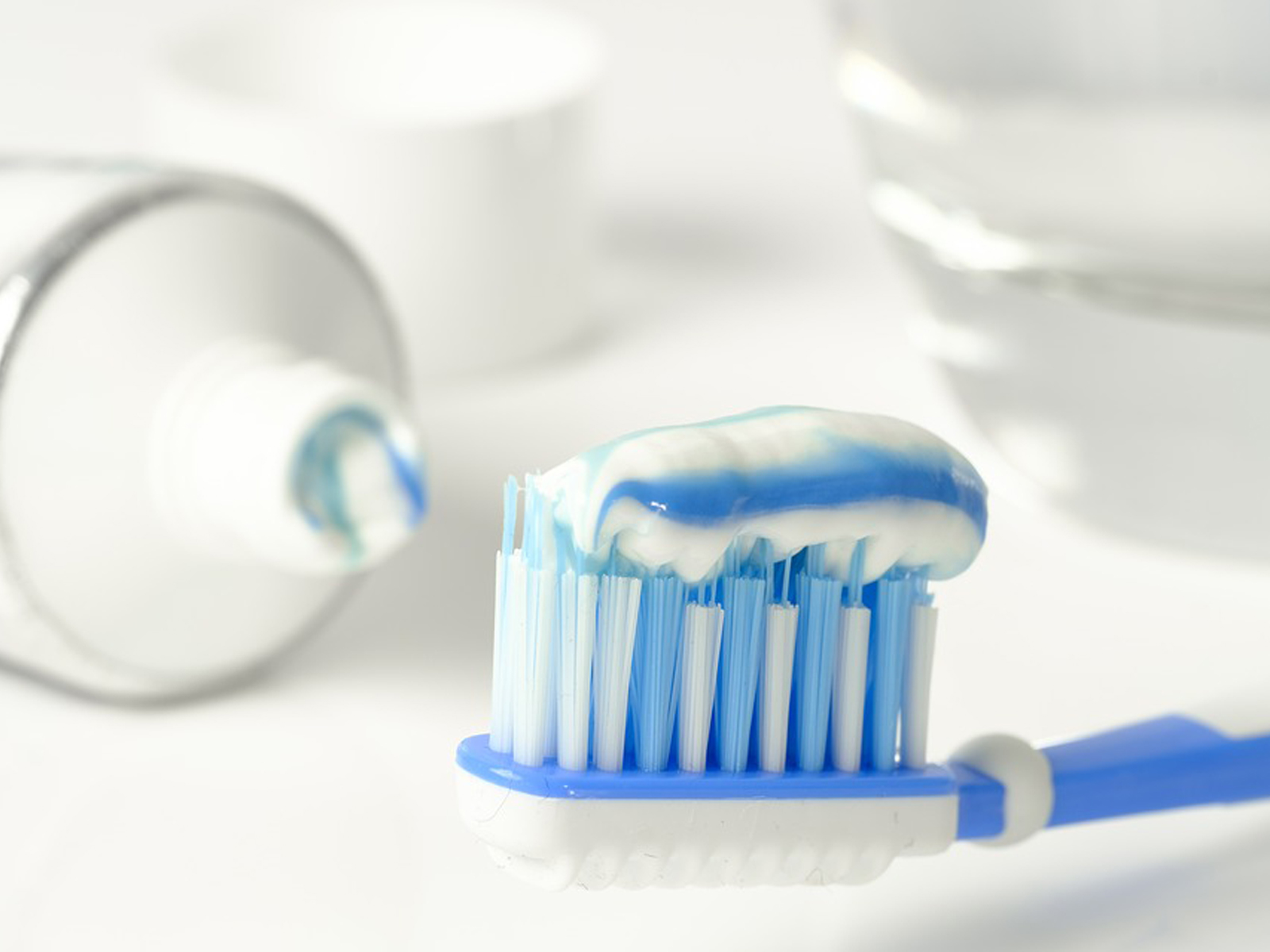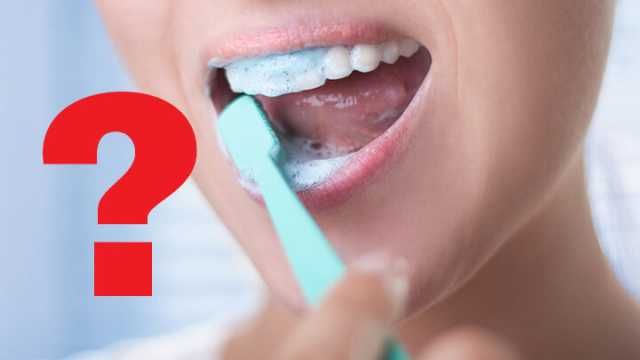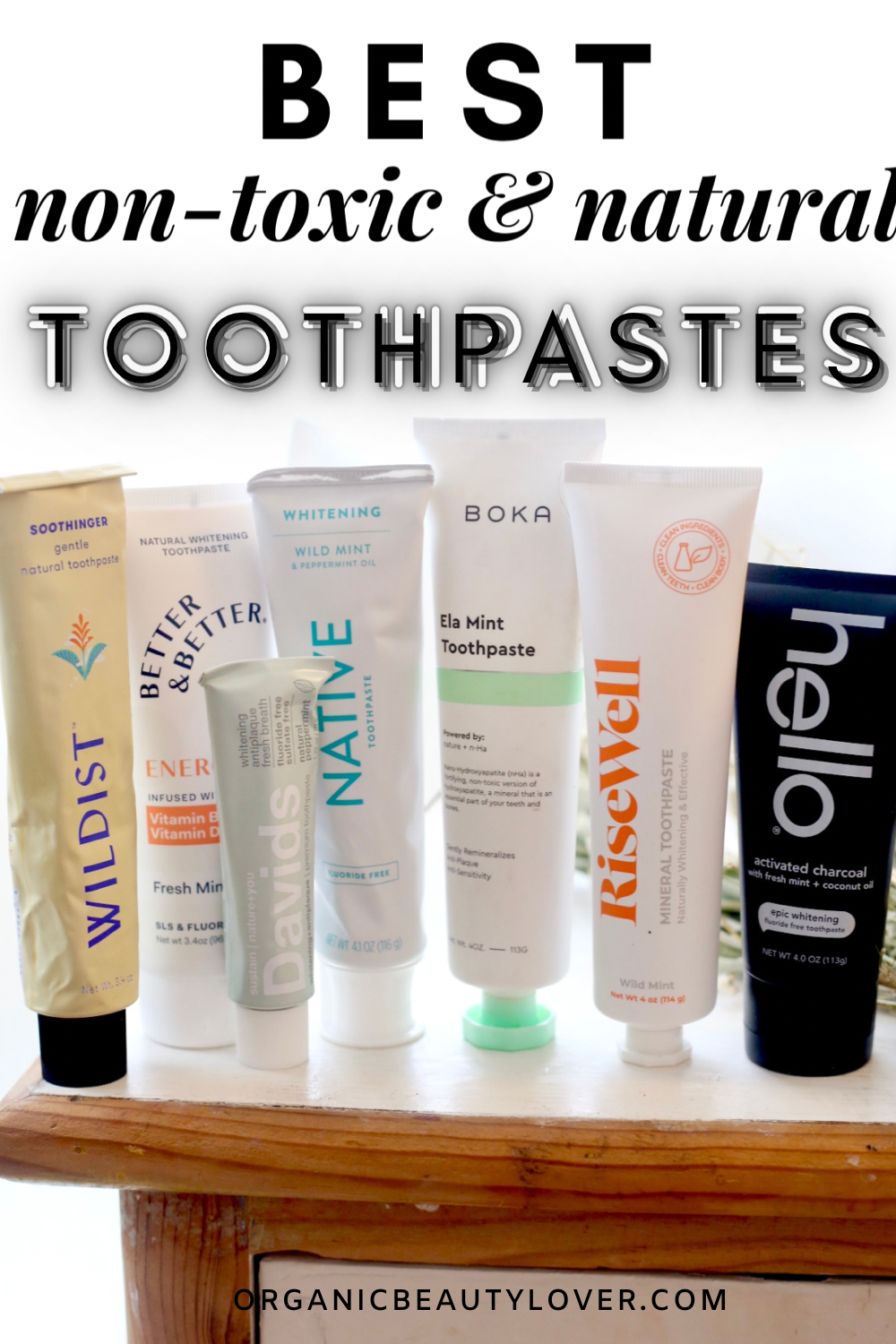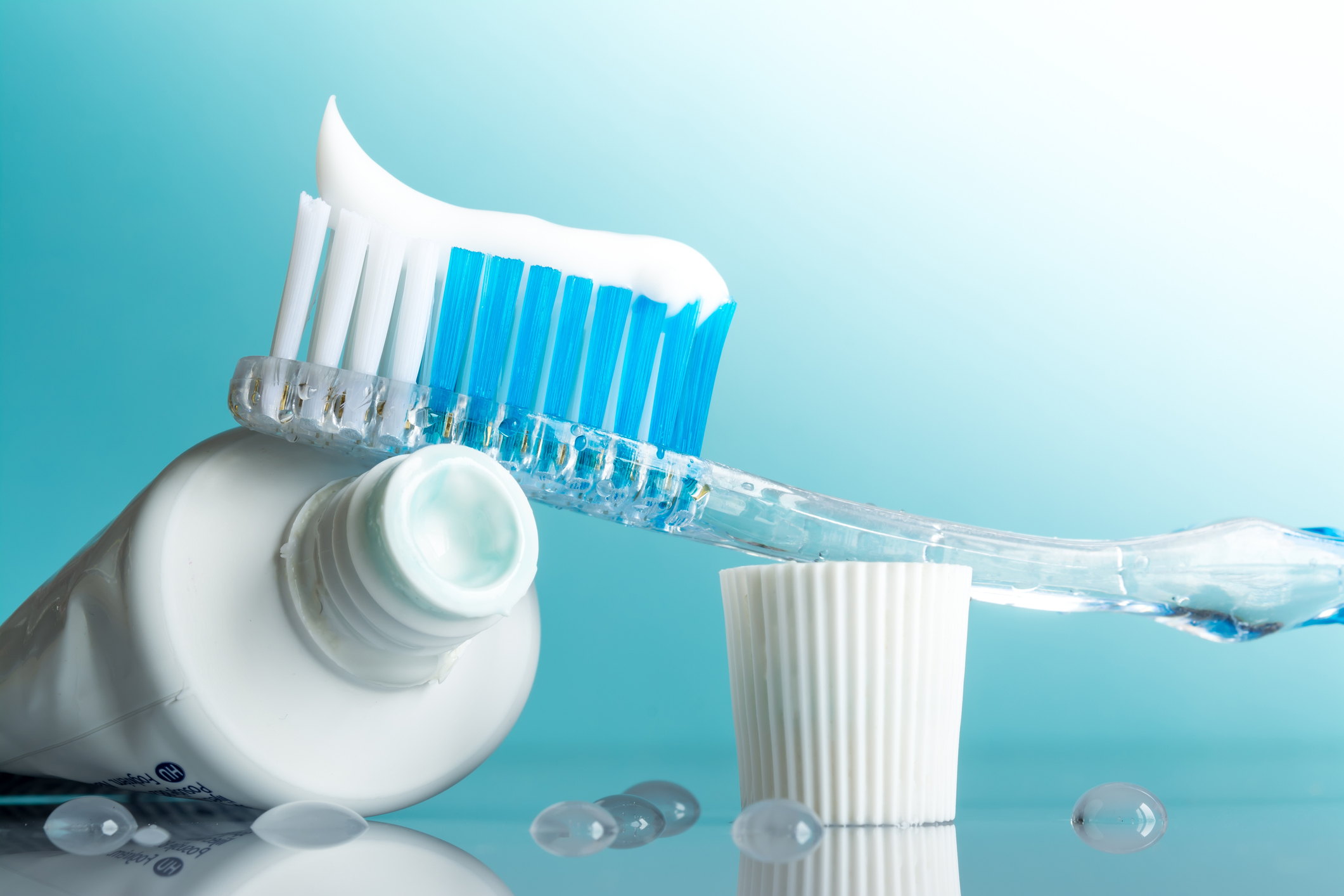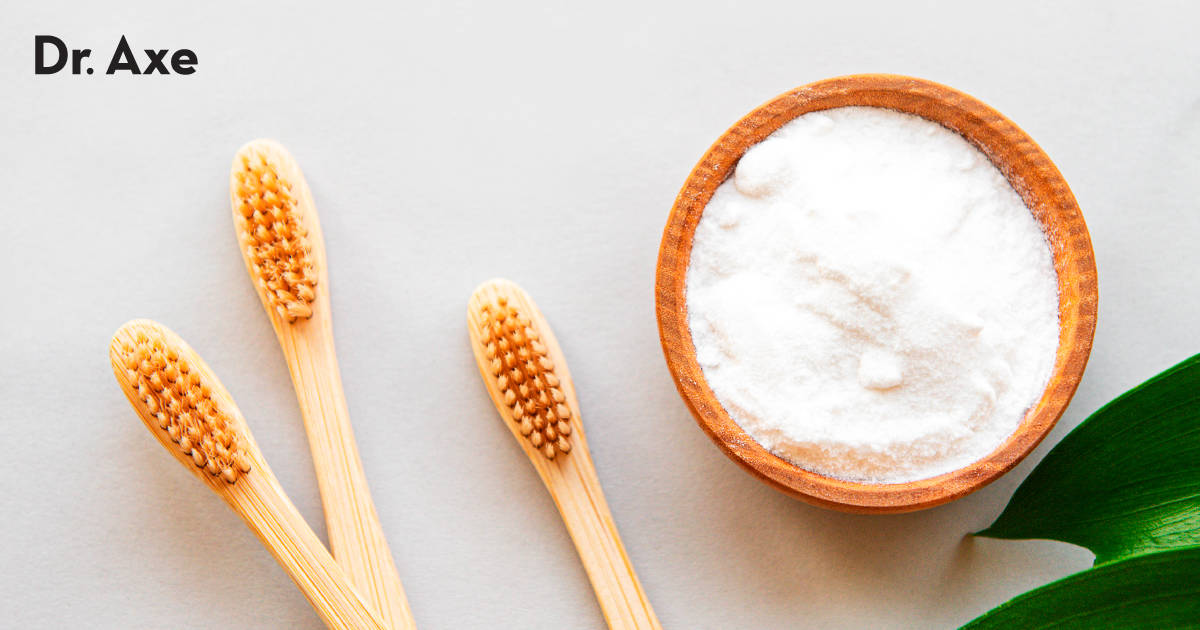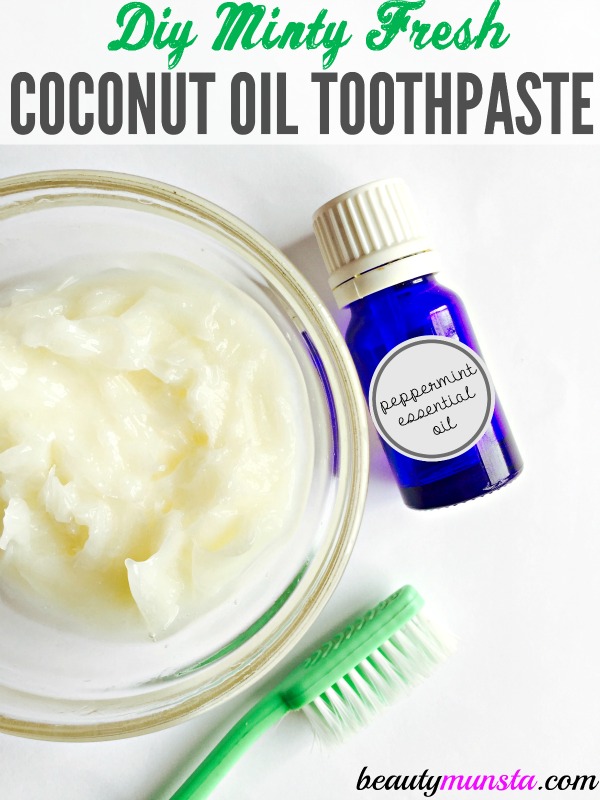What To Use Instead Of Toothpaste
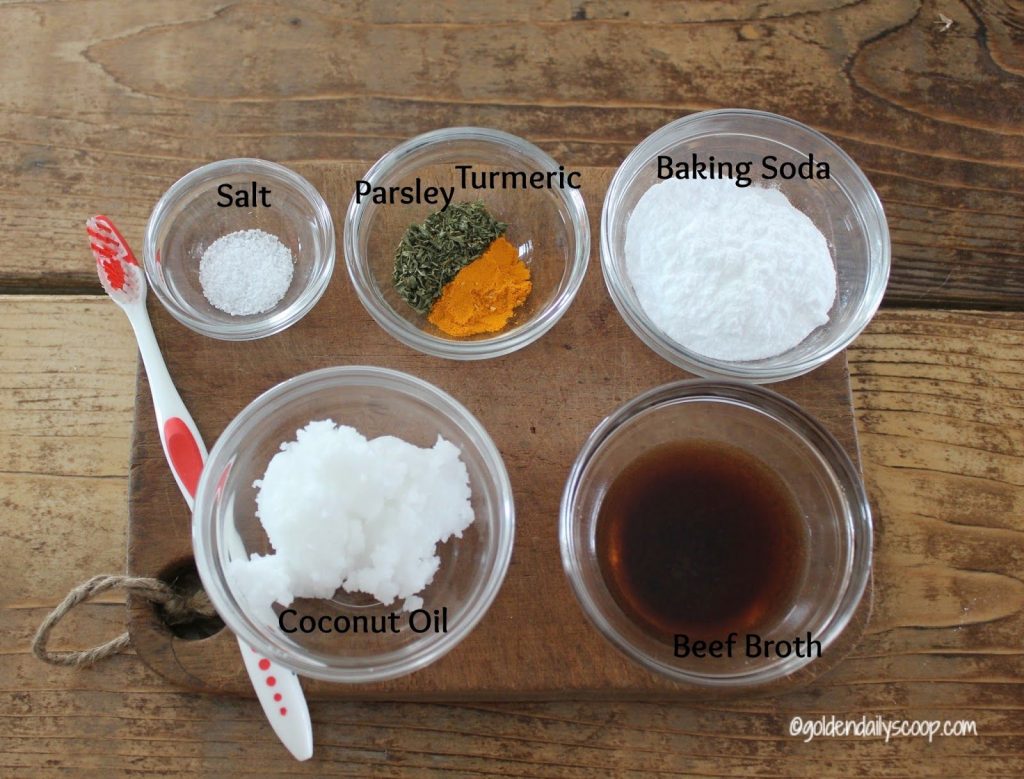
Imagine waking up, the sun streaming through your window, birds chirping their morning song. You head to the bathroom, ready to greet the day with a fresh, clean smile. But as you reach for your trusty tube of toothpaste, a thought flickers: is there more to oral hygiene than just this minty paste? Is there a gentler, perhaps even more effective, way to care for your pearly whites?
This article explores alternatives to traditional toothpaste, delving into the world of natural ingredients, DIY concoctions, and innovative products that promise to keep your mouth healthy and happy. We'll examine the science behind these options, weigh their pros and cons, and provide practical tips for incorporating them into your daily routine.
The Quest for Alternatives
For decades, toothpaste has been the cornerstone of oral hygiene, a ubiquitous product found in virtually every bathroom. But a growing number of people are questioning its necessity, driven by concerns about ingredients like fluoride, artificial sweeteners, and harsh abrasives. They are searching for alternatives that align with their values and address specific oral health needs.
Why Seek Alternatives?
Several factors contribute to this increasing interest in toothpaste alternatives. Some individuals are sensitive to certain ingredients commonly found in toothpaste, experiencing allergic reactions or irritations. Others are wary of the potential long-term effects of fluoride, a topic that has been debated for years.
The desire for more natural and sustainable products also plays a significant role. Many commercially available toothpastes contain artificial colors, flavors, and preservatives, which some consumers prefer to avoid. The environmental impact of plastic toothpaste tubes is another concern, prompting a search for eco-friendly alternatives.
Exploring the Options
The good news is that there's a wide array of toothpaste alternatives to choose from, ranging from simple homemade remedies to innovative commercial products. Each option offers a unique set of benefits and drawbacks, so it's essential to find what works best for your individual needs and preferences.
Baking Soda: A Time-Tested Classic
Baking soda, also known as sodium bicarbonate, is a gentle abrasive that has been used for cleaning teeth for centuries. It helps to remove surface stains, neutralize acids in the mouth, and freshen breath.
To use baking soda as a toothpaste alternative, simply dip a wet toothbrush into the powder and brush gently. However, it's important to note that baking soda can be abrasive if used too vigorously, so a gentle touch is key. Some dentists recommend using it only occasionally to avoid damaging the enamel.
Oil Pulling: An Ancient Ayurvedic Practice
Oil pulling is an ancient Ayurvedic practice that involves swishing oil in your mouth for 15-20 minutes each day. It is believed to help remove bacteria, toxins, and plaque from the mouth, promoting overall oral health.
Coconut oil, sesame oil, and sunflower oil are commonly used for oil pulling. Simply swish a tablespoon of oil in your mouth, being careful not to swallow it, and then spit it out. Rinse your mouth thoroughly with water afterward.
Saltwater Rinse: A Simple and Effective Remedy
A saltwater rinse is a simple and effective way to cleanse the mouth, reduce inflammation, and promote healing. The salt helps to draw out fluids from the tissues, which can help to reduce swelling and pain.
To make a saltwater rinse, dissolve half a teaspoon of salt in a cup of warm water. Swish the solution in your mouth for 30 seconds, then spit it out. This can be particularly helpful after dental procedures or for treating minor mouth sores.
Herbal Tooth Powders: Nature's Cleansing Power
Herbal tooth powders are a blend of natural ingredients that gently cleanse and freshen the mouth. Common ingredients include neem, clove, cinnamon, and myrrh, each with its own unique benefits.
Neem, for example, has antibacterial properties, while clove is known for its pain-relieving effects. These powders can be used in the same way as traditional toothpaste, but with the added benefits of natural ingredients.
Activated Charcoal: Whitening with a Twist
Activated charcoal has gained popularity in recent years as a natural teeth whitener. Its porous structure allows it to absorb stains and toxins from the surface of the teeth, leaving them brighter and cleaner.
However, it's important to use activated charcoal with caution, as it can be abrasive and may damage the enamel if used too frequently. It's best to use it sparingly and to consult with your dentist before incorporating it into your routine.
The Importance of a Holistic Approach
Regardless of which toothpaste alternative you choose, it's essential to maintain a holistic approach to oral hygiene. This includes brushing your teeth regularly, flossing daily, and visiting your dentist for checkups and cleanings.
A healthy diet is also crucial for oral health. Limiting sugary and acidic foods and drinks can help to prevent tooth decay and gum disease. Staying hydrated by drinking plenty of water is also essential for keeping your mouth moist and healthy.
Consulting with Your Dentist
Before making any significant changes to your oral hygiene routine, it's always best to consult with your dentist. They can assess your individual needs and recommend the best options for maintaining optimal oral health.
Your dentist can also provide guidance on proper brushing and flossing techniques, as well as identify any underlying dental issues that may need to be addressed. Remember, a healthy smile is a team effort between you and your dental professional.
A Brighter Future for Oral Care
The search for toothpaste alternatives is more than just a trend; it's a reflection of a growing desire for more natural, sustainable, and personalized approaches to health and wellness. By exploring these options and making informed choices, we can take control of our oral health and create a brighter, healthier future for our smiles.
Ultimately, the best toothpaste alternative is the one that works best for you. Experiment with different options, listen to your body, and consult with your dentist to find a routine that keeps your mouth healthy and happy. After all, a healthy smile is a confident smile, and a confident smile can light up the world.

